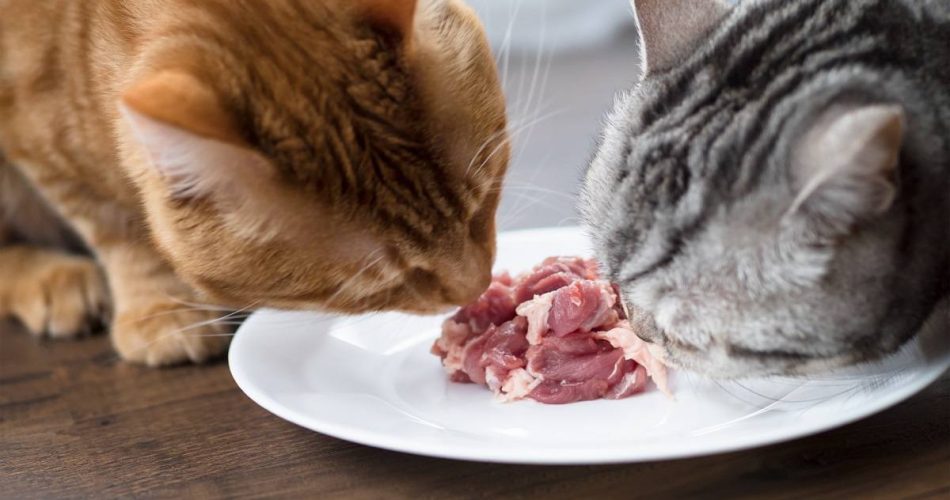Protein is the cornerstone of a cat’s diet, playing a vital role in maintaining their overall health and well-being. As obligate carnivores, cats rely on protein as their primary energy source and to obtain essential nutrients that their bodies cannot produce on their own. Understanding the importance of protein and how to provide the right balance is crucial for ensuring your cat leads a healthy and happy life.
Why Protein Is Crucial for Cats
Protein provides the building blocks for your cat’s body in the form of amino acids. These amino acids are essential for numerous physiological functions, including muscle development, immune system support, and the maintenance of healthy skin and fur. Unlike omnivores or herbivores, cats have a higher dietary requirement for protein because their metabolism is specifically adapted to derive energy and nutrients from animal-based sources.
A key amino acid that cats must obtain from their diet is taurine. Taurine is essential for maintaining good vision, heart function, and reproductive health. Unlike other animals, cats cannot produce sufficient taurine on their own, making a protein-rich diet a necessity.
Animal-Based Proteins vs. Plant-Based Proteins
Not all proteins are created equal when it comes to meeting a cat’s dietary needs. Animal-based proteins, such as chicken, fish, and beef, are considered superior because they contain a complete range of amino acids that cats require. These proteins are also more easily digestible and mimic the natural diet of wild cats.
Plant-based proteins, while present in some commercial cat foods, are less suitable for cats. They often lack certain essential amino acids and are not as easily metabolized by a cat’s digestive system. While small amounts of plant-based ingredients can supplement a diet, they should never replace high-quality animal protein as the primary ingredient.
Signs Your Cat May Not Be Getting Enough Protein
A diet deficient in protein can lead to a variety of health issues in cats. Common signs that your cat may not be getting enough protein include muscle loss or weakness, lethargy and decreased activity levels, dull or brittle fur, slow wound healing, and increased susceptibility to infections. If you notice any of these symptoms, it’s essential to consult with your veterinarian to evaluate your cat’s diet and overall health.

How to Ensure Your Cat Gets Adequate Protein
The best way to ensure your cat gets the protein they need is to select a high-quality commercial cat food that lists a named animal protein, such as chicken or salmon, as the first ingredient. Look for products that meet the nutritional standards set by the Association of American Feed Control Officials (AAFCO) to ensure the food is complete and balanced.
For pet owners considering homemade diets, it’s crucial to consult with a veterinarian or a veterinary nutritionist to create a recipe that meets all of your cat’s nutritional requirements. Improperly balanced homemade diets can lead to serious deficiencies over time.
Protein Requirements for Different Life Stages
A cat’s protein needs can vary depending on their age, activity level, and overall health. Kittens, for example, require more protein than adult cats to support their rapid growth and development. Similarly, pregnant or nursing cats have higher protein needs to provide adequate nutrition for their kittens. Senior cats may also require more protein to prevent muscle loss and maintain their energy levels. However, it’s important to choose a protein source that is easily digestible for older cats, as their digestive efficiency may decrease with age.
Final Thoughts
Protein is an essential component of your cat’s diet and plays a critical role in their overall health and vitality. By choosing high-quality, protein-rich foods and understanding your cat’s specific nutritional needs, you can ensure they live a long, healthy, and happy life. If you’re ever unsure about your cat’s diet or have concerns about their protein intake, don’t hesitate to seek advice from your veterinarian.
